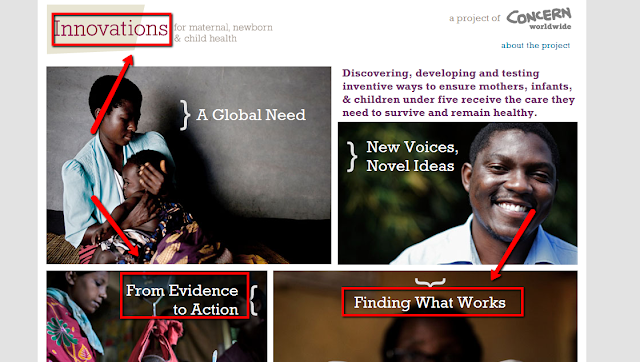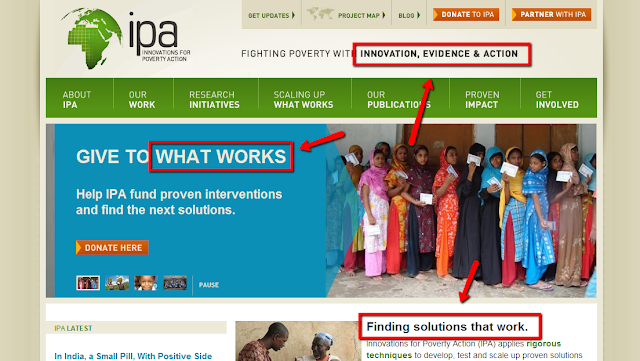It doesn’t at all, as far as I can tell. As Calum points out, what matters is the systematic review of evidence not one study. And the new Cochrane systematic review doesn’t seem to have responded to the criticism from Duflo et al to their 2012 review, that it ignores quasi-experimental and long-term evidence on positive impacts of deworming (specifically Bleakley 2004, Ozier, and Baird et al).
A replication of the famous Miguel and Kremer deworming paper that launched the whole RCT in development economics movement, is published in the Journal of International Epidemiology today (along with comment from Hicks, Kremer, and Miguel, and reply from the replication authors), with coverage in the Guardian and by Ben Goldacre for Buzzfeed.
You may remember Berk Ozler's review of the draft of the replication paper back in January - concluding
"Bottom line: Based on what I have seen in the reanalysis study by DAHH and the response by HKM, my view of the original study is more or less unchanged."
You can probably expect to see more on the replication coming from @cblatts, which I’m not going to get into, but back in 2012, Givewell were convinced that the Cochrane review shoudn’t change their recommendation to donate to the Schistosomiasis Control Initiative or Deworm the World.
The ambiguity does make me a little queasy, and pushes me more in the direction of GiveDirectly (I see basically zero risk that giving $1000 to someone on a very low income can really be totally wasted, in the way that an ineffective drug could theoretically have zero impact).




